So you’re excited to get some breast work done, but don’t quite know where to start when it comes to prep? We want you to feel empowered and informed enough to walk into your appointment well-prepared.
Here’s how to prepare for a breast lift and implant surgery so you can make the most of your surgery.
What is a Breast Lift?
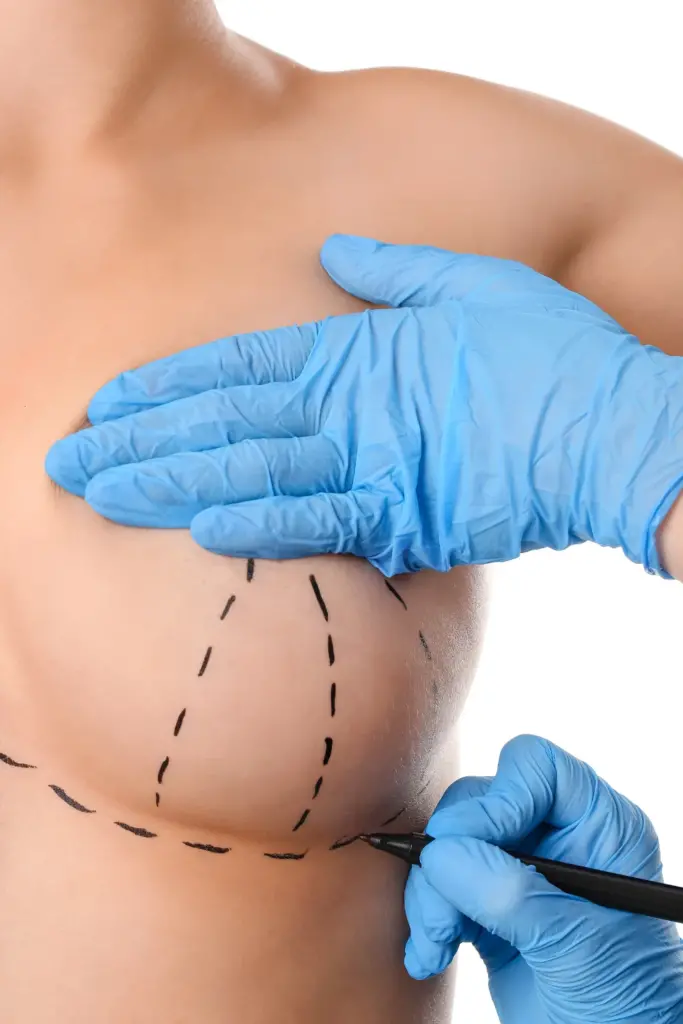
A breast lift, also known as mastopexy, is a surgery that can lift and reshape breasts that have sagged or drooped, restoring your breast volume and even giving you a larger cup size if you desire. This happens to lots of women over time, just like how our skin gets a little looser as we grow up and we lose our natural breast volume.
Things like having babies, breastfeeding, or losing and gaining weight can also make breasts sag and become smaller.. But getting a breast lift and implants can help them look perkier and more youthful, and it can even make you feel better about yourself!
What are Breast Implants?

Breast implants are like little balloons that plastic surgeons put inside your breasts to make them bigger and fuller.
There are two main types of breast implants:
Saline, or ones filled with saltwater, and silicone, or ones filled with a thick gel. Each type has its advantages and disadvantages, so it’s important to talk to your plastic surgeon about which one may be best for you.
Choosing the Right Plastic Surgeon and Clinic
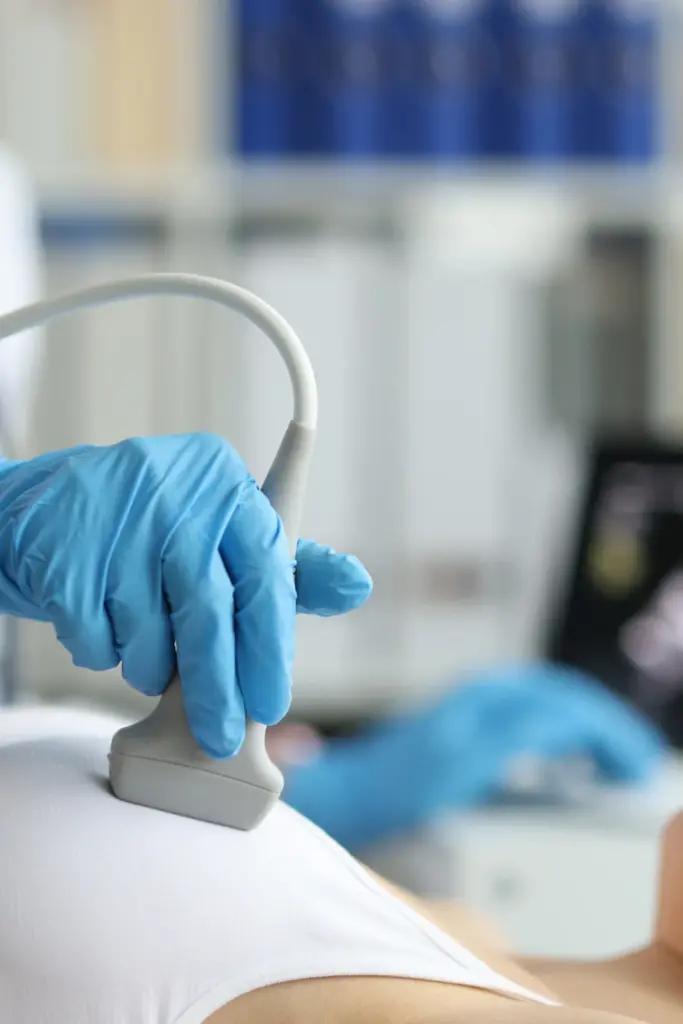
Qualifications and Certifications to Look For
When you’re thinking about having plastic surgery, it’s really important to find a plastic surgeon who knows what they’re doing. You want someone who has lots of experience with breast lifts and implants, and it’s even better if they have special training and certifications from important medical groups.
Dr. Adrian Lo is a Cosmetic Plastic Surgeon with professional affiliations from:
- American Society of Plastic Surgeons
- American Society for Aesthetic Plastic Surgery
- Canadian Society of Plastic Surgeons
- American College of Surgeons
- Alpha Omega Alpha Honor Society
He’s also been a board-certified Plastic Surgeon since 2001, has been rated Top Doc in Philadelphia, and also recognized by Newsweek Magazine as one of America’s Top Plastic Surgeons.
Consultation Process
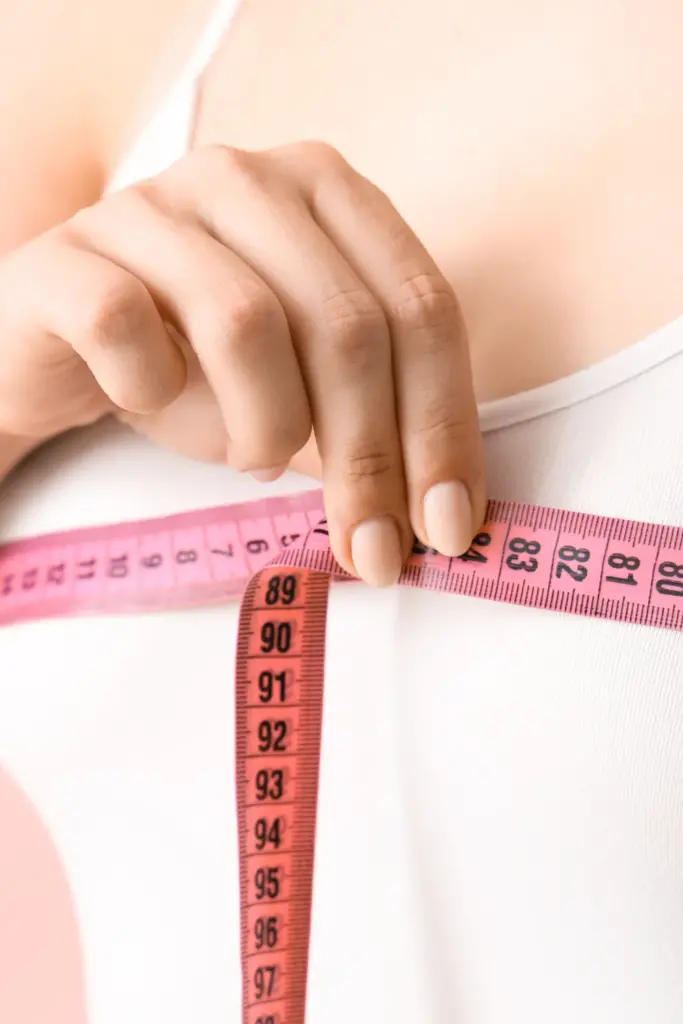
After finding your plastic surgeon, you’ll want to schedule your consultation.
Your plastic surgeon will ask about your health history to make sure you’re healthy enough for surgery and perform an exam. They will also likely show you pictures of their past work, so you can see what results they can get and if their style matches what you want.
Questions to Ask Your Plastic Surgeon
Some questions you might want to ask your plastic surgeon…
- How many surgeries like this have you done?
- What can I expect during the surgery?
- What is the recovery process like?
- What side effects (if any) should I know about?
- What follow-up visits or sessions should I expect?
Preparing for Surgery
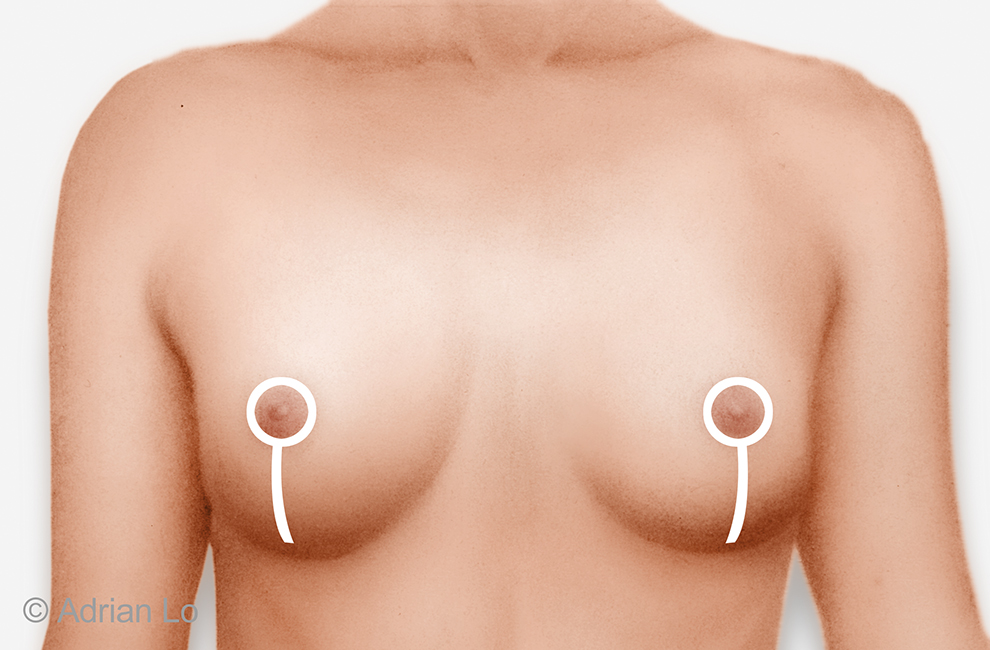
- Medical Evaluation
Before you can have your breast lift and implant surgery, your plastic surgeon will want to make sure you are in good health to undergo the procedure and recovery. You may be asked to get some blood tests or other check-ups to assess your overall health and identify any potential issues that could interfere with the surgery or healing process. Most patients who are considering breast lift and implant surgery are usually very healthy and do not require pre-operative bloodwork.
You’ll also need to have an open and honest conversation with your plastic surgeon about your medical history. This includes past surgeries, any past or current health problems, allergies you may have, and any medications you take including vitamins and supplements.
Depending on your specific medical history and the medications you’re taking, your plastic surgeon may need to adjust your medications or ask you to stop taking certain ones before surgery. This is to ensure that the medications don’t interfere with the anesthesia or healing process.
- Hygiene
Before your surgery, it’s incredibly important to prioritize cleanliness to help prevent any infections. In the days leading up to your procedure, take extra care in washing your hands frequently with soap and water, especially before touching your breast/chest area.
The night before and the morning of your surgery and even several days before surgery, take a nice, long shower, making sure to thoroughly clean your chest and breasts with an antibacterial soap that your plastic surgeon may recommend. This will help to eliminate any bacteria that could potentially cause problems after surgery.
On the day of your surgery, avoid using any lotions, creams, deodorants, or makeup on or near your breast/chest area. These products can sometimes trap bacteria and increase the risk of infection. It’s also important to wear clean, comfortable clothing and sleep on freshly laundered sheets after your surgery to ensure a clean and hygienic recovery environment.
- Fasting
Your plastic surgeon will give you specific instructions about fasting before your breast lift and implants surgery. This typically means no eating or drinking anything, including water, after midnight before the procedure. However, they may allow some clear liquids, such as water, apple juice, or clear broth, up to a certain point before the surgery.

Fasting is necessary because when you’re under anesthesia, your body’s reflexes are temporarily suppressed. If there’s food or liquid in your stomach, it could potentially enter your lungs and cause complications. This is called aspiration, and it can be very dangerous.
Your plastic surgeon will provide you with detailed guidelines on when to start fasting and what you can and cannot consume during the fasting period.
- Pre-Op Diet
In the weeks leading up to your surgery, prioritize a balanced and nutritious diet. This means focusing on whole foods like:
- Lean protein: chicken, fish, beans, eggs, and tofu will help your body repair tissues and build new cells.
- Fruits and vegetables: Aim for 5 or more servings each day to get essential vitamins, minerals, and fiber that support your immune system and overall health.
- Complex carbohydrates: Whole grains like brown rice and quinoa provide sustained energy for your body.
Just as crucial as what you eat is what you avoid. In the days before your surgery, steer clear of:
- Alcohol: It can dehydrate you and interfere with your body’s ability to heal.
- Caffeine: This stimulant can increase your heart rate and blood pressure, potentially affecting anesthesia and recovery.
- Processed foods: These often lack nutrients and contain unhealthy ingredients that can hinder your body’s healing process.
- Financial Planning and Insurance Considerations
The total cost of breast lift and implants will depend on a few things, like where you live, what type of implants you choose, and whether or not you’re getting a breast lift at the same time.
Most of the time, these surgeries are considered cosmetic, which means your regular health insurance usually won’t help cover the costs. If you need help paying for your surgery, some plastic surgeons (like our offices) offer payment plans or financing.
- Recovery and Post-Operative Care
Recovering from your breast lift and implants surgery takes time. You’ll likely need to wear a special bra to keep your breasts supported and help reduce swelling.
You’ll have to take it easy for 2-3 weeks , avoiding any heavy lifting or intense workouts. It’s also important to go to all of your follow-up appointments so your plastic surgeon can check how you’re healing and make sure everything is going smoothly.
Call Dr. Lo to Take Your Next Step to Boost Your Confidence!
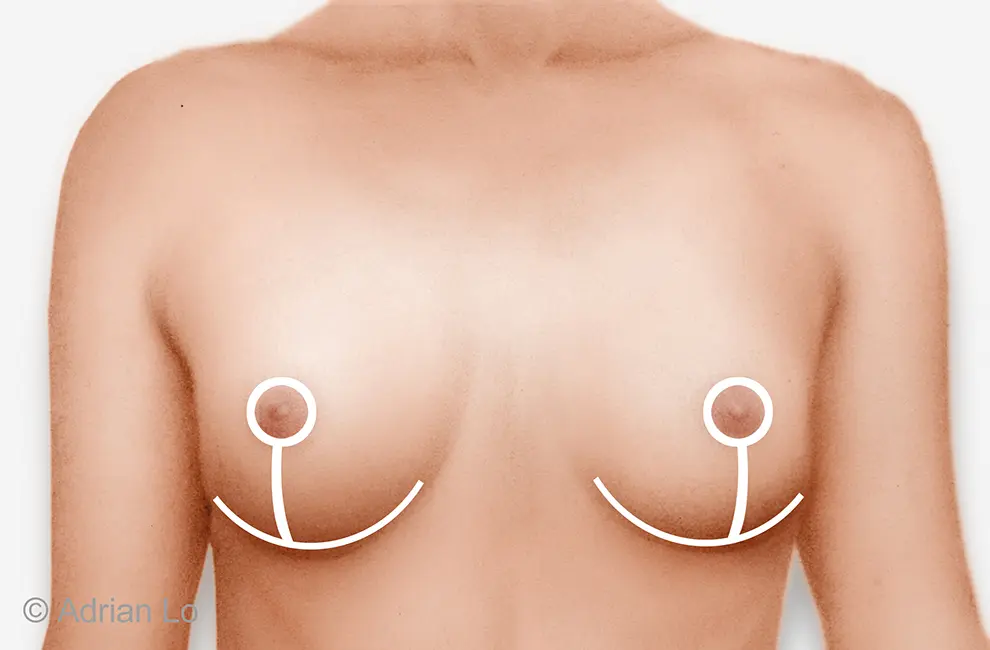
Are you ready to feel more confident and love the way you look? Dr. Lo is here to guide you through the journey to a happier, more confident you. Whether you want a breast lift, implants, or both, Dr. Lo will make sure you understand your options and feel completely comfortable every step of the way.
Take the first step towards feeling your best and contact Dr. Lo today!
